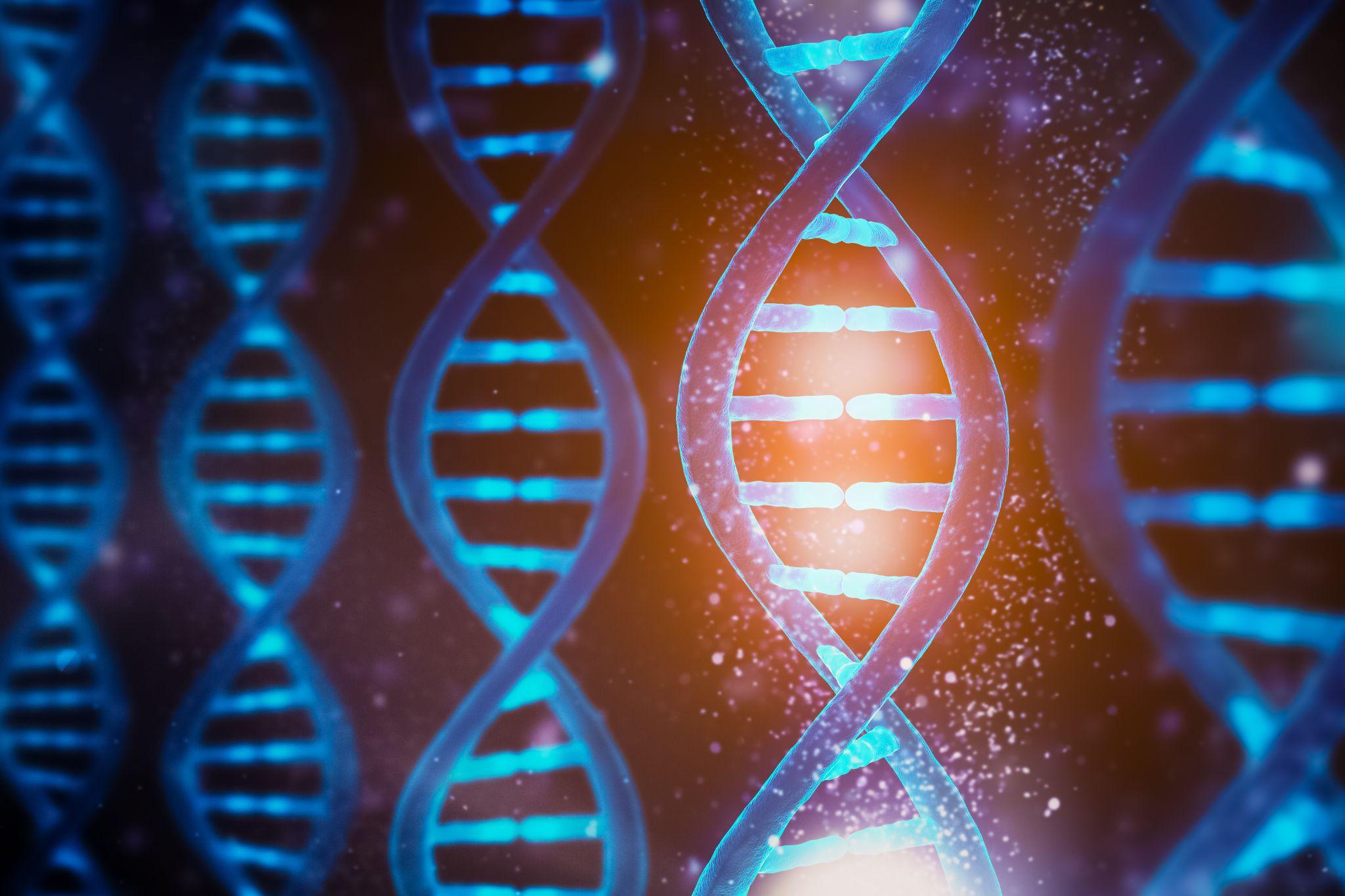Alcohol addiction is a pervasive and debilitating condition that affects millions worldwide, leaving a trail of health, social, and economic challenges. Traditionally, the focus has been on environmental and behavioral aspects, such as exposure to stress, peer pressure, and lifestyle choices.
However, in recent years, there has been a growing recognition of the role of genetics in shaping an individual’s vulnerability to alcohol addiction.
This deeper understanding is crucial not just for those grappling with addiction but also for healthcare professionals, policy makers, and researchers striving to develop more effective prevention and treatment strategies.
We want to delve into the intricate role genes place in alcohol abuse and alcoholism, providing insights that can help demystify why some individuals are more prone to this condition than others.
1. How significant is the role of genetics in alcohol addiction?
The influence of genetics in alcohol use disorder (AUD) is more profound than commonly perceived. Research suggests that about 50-60% of the risk associated with alcohol addiction can be attributed to genetic factors.1
This substantial genetic contribution implies that the likelihood of developing AUD is significantly influenced by one’s genetic makeup. However, it’s essential to remember that this does not mean that genetics is the sole determinant of developing a substance use disorder.
Environmental factors and personal choices still play a role, and the interplay between these elements and genetics is complex and ongoing.
Understanding the genetic predisposition can help in early intervention and personalized treatment plans, potentially mitigating the risk of developing alcohol addiction for those at higher genetic risk.
2. Are there specific genes linked to alcohol addiction?
Yes, specific genes have been linked to an increased or decreased risk of developing alcohol addiction.
Key among these are genes that influence the metabolism of alcohol in the body, such as ADH1B and ALDH2. Variations in these genes can affect how alcohol is broken down, impacting an individual’s tolerance and reaction to alcohol.2
For instance, some variants of these genes result in a faster metabolism of alcohol, leading to adverse reactions such as flushing and nausea, which can deter excessive alcohol consumption.
It’s important to note that no single “alcoholism gene” dictates alcohol addiction. Instead, it’s the combined effect of multiple genes, each contributing a small piece to the puzzle, along with several other factors. The current research is focused on unraveling these complex genetic interactions to better understand and eventually mitigate the risk of alcohol addiction.
3. Can a family history of alcoholism predict future addiction?
A family history of alcoholism or drinking heavily can be a significant indicator of increased genetic risk. When alcohol addiction runs in families, it often points to the presence of hereditary factors that contribute to the susceptibility to alcoholism.
Studies show that family members with a parent or close relative who has struggled with alcohol addiction are at a higher risk of developing similar problems. This heightened risk is partly due to genetic predispositions that can be passed down through generations.
4. How do genetic factors interact with environmental factors in alcohol addiction?
The interaction between genetic and environmental factors in alcohol addiction is a dynamic and complex process. Genetics can set the stage for potential susceptibility, but environmental factors often act as catalysts that can trigger or influence the course of addiction.
Various environmental factors, such as stress, exposure to alcohol at an early age, social and cultural norms, peer pressure, and traumatic experiences, can interact with a person’s genetic predisposition to influence their relationship with alcohol.
For instance, an individual with a genetic predisposition for alcohol addiction might never develop the condition if they are not exposed to certain environmental triggers.
Conversely, someone with a lower genetic risk might develop alcoholism due to intense or prolonged exposure to high-risk environments.
This interaction also explains why even among family members with similar genetic backgrounds, the patterns and severity of alcohol addiction can vary widely based on individual life experiences and choices.
5. Can genetic testing predict or prevent alcohol addiction?
Genetic testing has the potential to provide valuable insights into an individual’s predisposition to alcohol addiction, but its predictive power is not absolute.
While genetic tests can identify certain genetic markers that are associated with an increased risk of alcoholism, they cannot definitively predict who will or will not develop the condition. The reason lies in the multifactorial nature of alcohol addiction, where genetics is just one of many contributing factors.
Moreover, the current state of genetic testing for alcohol addiction is not yet sophisticated enough to account for the complex interplay of multiple genes, let alone the interaction between these genes and environmental factors.
However, genetic testing can still be a useful tool in a broader preventive strategy for a person’s risk of developing a problem when drinking alcohol. For instance, individuals identified as having a higher genetic risk might benefit from targeted prevention efforts, such as early education about the risks of alcohol, increased monitoring, and support.
6. What role does genetics play in the treatment of alcohol addiction?
Understanding an individual’s genetic makeup can significantly influence the treatment approach for alcohol addiction. The field of pharmacogenomics, which is the school of medicine that studies how genes affect a person’s response to drugs, is particularly relevant in this context.
Certain medications used in the treatment of alcohol addiction may work better or worse depending on an individual’s genetic profile. For example, the effectiveness of drugs like naltrexone and acamprosate in reducing alcohol cravings and preventing relapse can vary based on genetic differences.
Personalized medicine, which tailors treatment based on an individual’s genetic, environmental, and lifestyle factors, is gaining traction in the treatment of alcohol addiction.
By considering genetic factors, healthcare providers can make more informed decisions about the most effective treatment strategies. This can include the choice of medication, the intensity of treatment, and even specific types of therapy that might be more effective.
Understand Your Health with Lumina Recovery
The intricate relationship between genetics and alcohol addiction underscores the need for a nuanced understanding of this condition. Recognizing the genetic factors at play can aid in developing more effective prevention and treatment strategies, offering hope to those struggling with addiction and their families.
However, it’s crucial to remember that genetics is just one piece of the puzzle, and a holistic approach to treatment and prevention is essential for successful outcomes.
At Lumina Recovery, our alcohol addiction treatment programs offer a comprehensive approach to healing and recovery.
If you or someone you love is struggling, contact Lumina Recovery today.
Sources:



